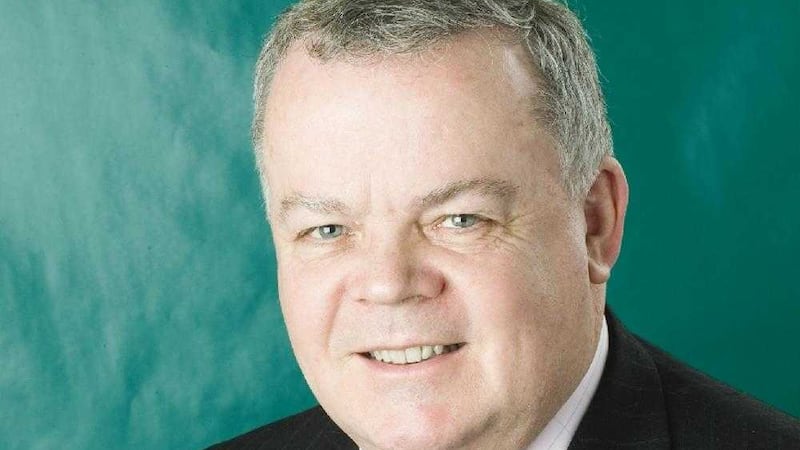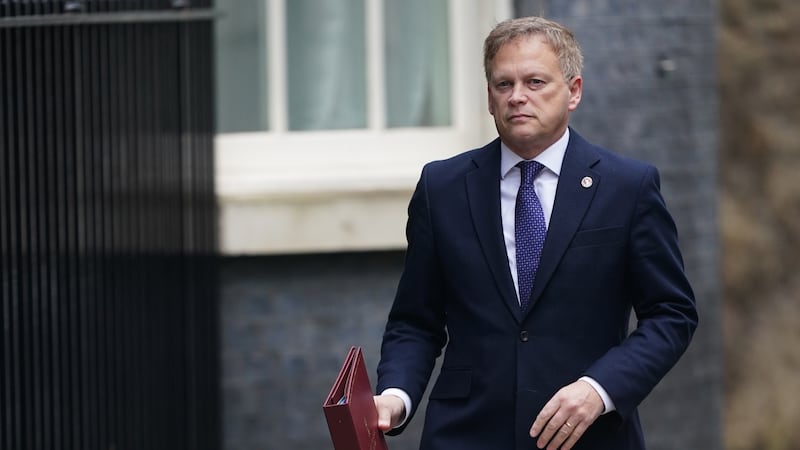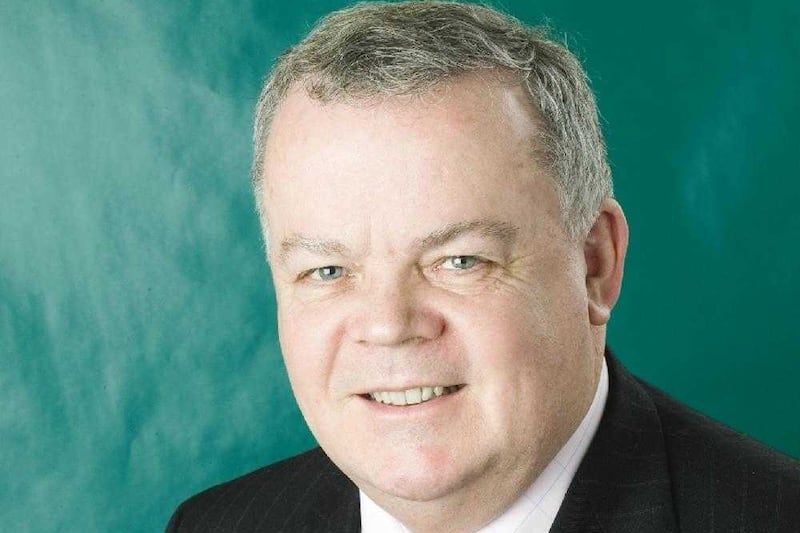Cash-strapped schools are paying hundreds of thousands of pounds to sub teachers to cover staff who remain suspended on full pay.
Costs of supply cover for suspended teachers in post-primary schools have more than trebled in five years.
There has also been a dramatic increase in the primary sector.
Almost £1 million was spent on top of the £4.2m it cost to pay the salaries and pensions of long-term suspended classroom staff.
The Irish News revealed previously that between 2010 and this year, 123 teachers were suspended from work. Of those, 106 cases have concluded, with 95 teachers reinstated and six dismissed. Four resigned and one retired.
A separate set of figures revealed that 16 of these classroom staff were out of work for 13 months or longer. Teachers receive their full pay, and teaching allowances, for the duration of their suspension.
Staff can be placed on precautionary suspension for reasons that include allegations of misconduct, allegations of a child protection nature or medical or health and safety grounds. The decision to place a teacher on precautionary suspension, without prejudice, is only taken after careful consideration and where it is deemed absolutely necessary.
New figures obtained by John Dallat of the SDLP, a prominent member of Stormont's Public Accounts Committee, reveal that more than £936,000 was spent by schools on providing cover for suspended staff between 2010 and this year.
In the primary sector, costs increased from £67,499 in 2010/11 to £143,009 in 2014/15. At post-primary level over the same period the cost increased from £56,440 to £195,542.
Mr Dallat said he was concerned that only six teachers were found to be worthy of dismissal of the 106 suspended for long periods of time. He has now asked the minister detail what steps he is taking to address the suspension of teachers.
In response, Mr O'Dowd said he was aware of the implications associated with the number and length of many suspensions and the considerable cost to the public purse.
"Whilst not wishing to take on or replicate the responsibilities of employers or employing authorities, the department monitors the number and length of precautionary suspensions through quarterly reports received from the employing authorities and challenges cases where it would appear that little or no progress has been made since the last update," he said.
"To ensure that such matters are considered fully but carefully, I have asked my department to continue to work with the employers/employing authorities to ensure that such suspensions are managed appropriately."
The NASUWT union has warned the current approach to teacher suspensions leaves the system open to abuse. It criticised what it called the unaccountable precautionary suspension mechanism for classroom staff.




